
At what point do our barriers become excuses and what does that say about our priorities?

What happens when the teacup cracks?

Clearing our streets of snow is supposed to make them safer. Crash statistics tell a different story.

In a system built to find fault and not cause, the street is always innocent.

If your city is under strain in a time of unprecedented investment—that’s a signal.
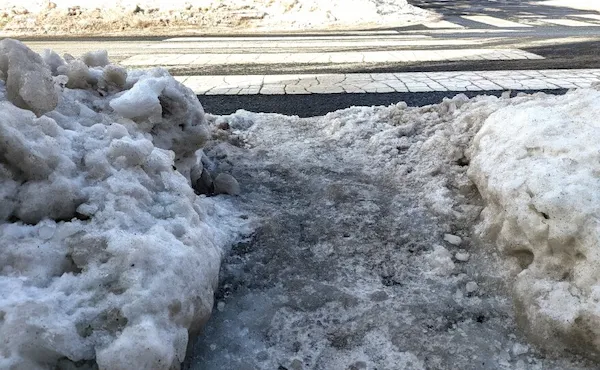
Snow exposes our city's priorities, but it also shows us what's possible.
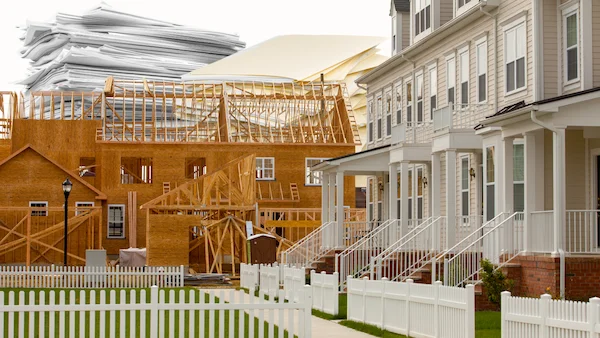
"What we have is not a failure of vision, but one of process."

It’s time to close the interstate construction era and redefine the federal role in transportation.
.webp)
A verb became a noun. A process became a product. And an approach became an adjective.

Geometry, politics, and the limits of the Highway State.

Arguments that ignore finance, power, and legitimacy are breaking down.

Why “growth paying for growth” often leaves cities weaker, not stronger.
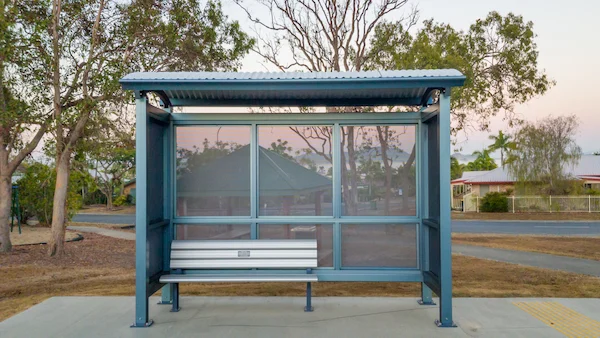
For cash-strapped transit agencies looking to improve the rider experience, less may actually be more.
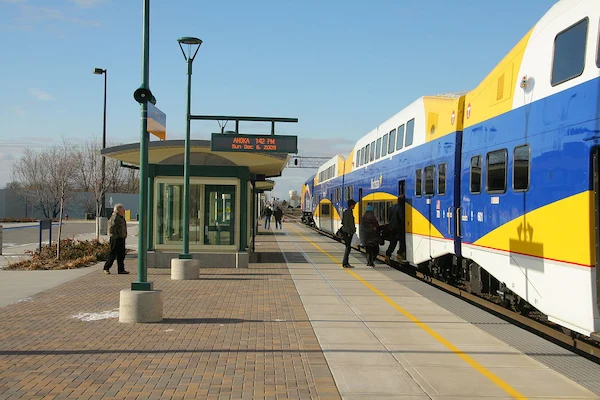
What happens when transportation is designed for funding, not function.
.webp)
Understanding the planning “pyramid” and how commissioners can use their position to shape better outcomes.
.webp)
What can we learn from the Providence we built during the Industrial Revolution?

An executive order and White House fact sheet reveal how Washington manages housing prices without ever letting them fall.
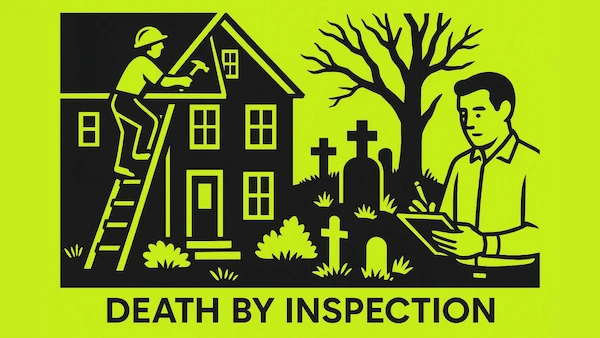
Think permitting and inspections reform don't matter? Listen to this hellish account.

A contentious project in Des Moines reveals a deeper issue: cities often react to proposals instead of clarifying what’s possible.

And why the median YIMBY should be more excited by incrementalism.
.webp)
Why Langley’s investments miss what families actually need.

What if the places we invest in most aren’t the places that actually build community?

This year’s cookie prices fell, but the story behind them is heavier than ever.
.webp)
This is what local leadership looks like when the goal is connection, not just construction.